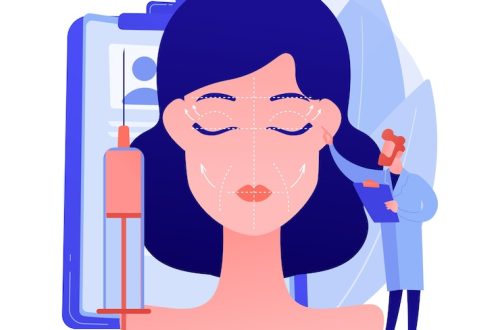
Narcissistic Personality Disorder (NPD) is a mental health condition where individuals have an inflated sense of self-importance, crave admiration, and struggle to empathize with others. People with NPD may have trouble understanding their own emotions, which can lead to manipulative behavior and difficulties in maintaining healthy relationships. Learning about the causes and symptoms of this disorder is crucial to diagnosing and managing it effectively.
What Is Narcissistic Personality Disorder?
NPD is defined by an overblown sense of one’s abilities, a fixation on power and success, and an excessive need for validation. Those affected often face challenges in building relationships due to their self-centered nature and lack of empathy. They may believe they deserve special treatment and feel easily slighted when their expectations aren’t met. A significant trait of NPD is constantly seeking attention and admiration to sustain their sense of superiority.
Causes of NPD
While the exact cause of NPD isn’t fully understood, several factors may contribute to its development. These include genetics, childhood experiences such as trauma or neglect, behaviors learned from family or peers, or even an overactive imagination. In some cases, an intense yearning for attention or approval could also be a factor.
Symptoms of Narcissistic Personality Disorder
One key symptom is an exaggerated sense of one’s importance or abilities. This often appears as boastful behavior, difficulty accepting criticism, and a firm belief in being superior to others. People with NPD may act manipulatively to achieve their goals or gain recognition. They might expect special treatment and feel frustrated or angry when this doesn’t happen.
Another notable symptom is a lack of empathy. Individuals with NPD may struggle to understand or acknowledge the feelings of others, which makes it hard for them to build meaningful relationships. This lack of connection may result in disregarding social rules or norms, as they see themselves as above such standards.
Treatment Options
If you or someone you know is showing signs of NPD, seeking professional guidance is essential. Treatment options vary and often include psychotherapy techniques like cognitive behavioral therapy (CBT), dialectical behavioral therapy (DBT), and psychodynamic therapy (PT). Group therapy, medication such as antidepressants, lifestyle adjustments, support groups, and stress management strategies may also help. Often, a combination of these approaches yields the best results for managing symptoms.
NPD is a serious mental health disorder that impacts both those who suffer from it and the people around them. If you think you might have NPD or know someone who does, it’s important to seek help as soon as possible. Early intervention can prevent further strain on relationships and improve overall well-being.
With the right support and professional tools, it’s possible to manage symptoms effectively and work towards living a better, healthier life.




